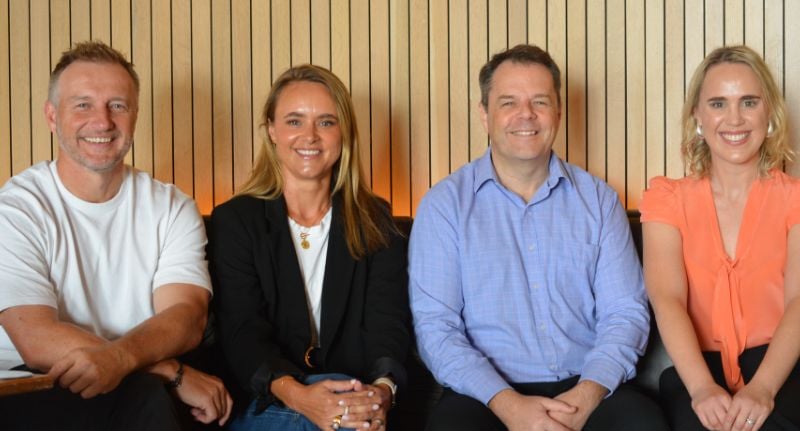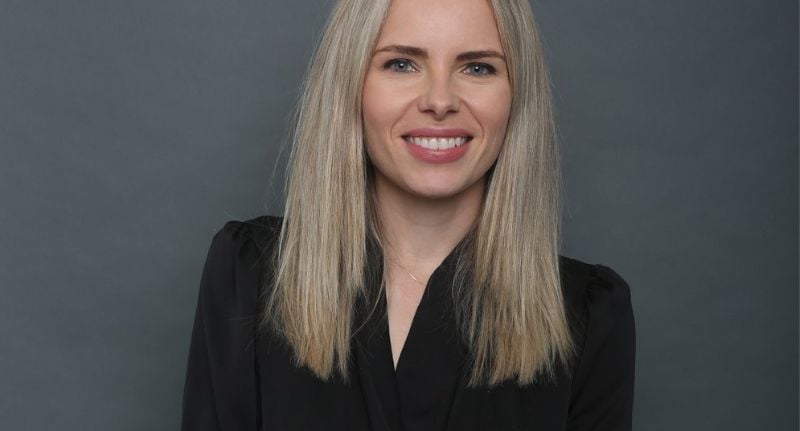They might say it takes a Village to raise a child. But what about the parents?
Full disclosure: I’m a working mother in the media. While all industries are tough in their own ways, there is something uniquely gruelling and relentless about the media.
I’m not the only one who feels this way, either.
A recent survey from a not-for-profit group, The Village, found that 70% of those surveyed have left or considered leaving the media industry. That’s not all, over a quarter of those surveyed would not recommend the industry as a parent-friendly career option.
When burnout is the baseline
“I’m sad but shocked,” Lauren Thornborough, co-founder of The Village told Mediaweek.
At the time of our chat, Thornborough was nursing a cold while working-from-home and taking care of her brood – a dance every working parent has done.
She continued: “The number of times burnout has been written as a reason parents are leaving the media is enormous.”
Long hours, high expectations, and minimal flexibility are not just buzzwords in this industry, they’re the daily reality. Thornborough adds, “If they’re not writing about burnout, they’re writing about the lack of work-life balance. So when you factor that all together, it kind of does lead to burnout.”
The Village, a support network for working parents in media, has grown rapidly to over 650 registered members. It’s not just a community, it’s a barometer.
And right now, the forecast isn’t great.

The Village co-founders Lauren Thornborough, Louise Wilson
Crisis of confidence and identity
Returning to work after parental leave is rarely seamless. According to a 2024 Harvard Business Review article, the transition back to the workforce marks a new phase of identity, one the study dubs “the fifth trimester.”
Postpartum workers are managing more than just a calendar. There are emotional and psychological shifts, crises of confidence, and the invisible weight of reconciling two complex roles.
“You have a crisis of confidence when you return from maternity leave,” Thornborough says. “No one comes to you and says, ‘Hello, you’re in a new life phase. What will work for you when you return to work?’ You have to advocate for yourself, which can be difficult when you’re nervous or unsure.”
The industry that moves without you
In media, six months away might as well be ten years. The pace is unforgiving. “What makes media particularly unique is that we are so fast-paced,” Thornborough says.
“Employees can leave and return in other industries and not much has changed. But in media, you often have to rebuild your network from scratch.”
She points to the added strain of returning to understaffed teams, where the expectation is to immediately perform at pre-leave levels, with little recognition of the transformation that’s occurred during time away.
Beyond the 9-to-5: A systemic shortfall
The Village Head of Partnerships, Kate Blakeley, doesn’t mince words: “Most people in C-suite roles are men, and they still don’t genuinely understand what it’s like to walk in the shoes of a mother.”
Blakeley notes that genuine conversations are still lacking, not just about childcare logistics, but about performance, leadership, and growth potential while raising children.
“Conversations with the actual people who do the work about what they need to be successful at both genuinely need to occur,” she says. “You’re going to get the best out of people if they have that, and then also be the parents they need to be.”
A talent drain hiding in plain sight
The survey results are stark: only 30% of respondents said they would recommend media as a parent-friendly industry. 26% said they were unlikely or very unlikely to do so. Others questioned the long-term sustainability of a media career after 40, citing the lack of clear pathways, ongoing development, or recognition.
“Where do you go after you’re 40? What’s the sustainability of a career in media beyond that?” asks Thornborough.
She believes this mindset must change. “There must be a set-up program, an acknowledgment of a return-to-work transition. It has to work for both sides, but some care is needed.”

The AIC’s Adam Elliott, The Village’s Louise Wilson, AIC’s Owen Joyce and The Village’s Lauren Thornborough
The untapped strengths of parenthood
Both Blakeley and Thornborough stress the hidden value return-to-work parents bring to the workplace. And research backs them up.
That same Harvard study highlights the attributes gained during parenting, tenacity, empathy, patience, resilience. “It’s outrageous to me that we don’t value them as much as we could in parents,” says Thornborough.
“Parents train junior staff. They build culture. They’re resilient and driven, exactly the qualities we claim to want in a workplace.”

The Village Head of Partnerships Kate Blakeley
Building a better village
The Village is trying to bridge this gap between personal reality and workplace policy. With events and partnerships involving oOh!media, Mamamia, SCA and LinkedIn, they’re expanding the support net and growing conversations that reach into the C-suite.
They’ve also teamed up with flexible job platform Advertising Industry Careers (AIC), whose founders, both with media backgrounds, are committed to reshaping how parents return and grow in their careers.
“They seem equally passionate as we are about helping out this particular cohort of individuals within this industry,” Thornborough notes.
Progress, not perfection
The ultimate mission? Keep working parents in the media. Help them thrive, not just survive.
“The Village is important if you’re a manager and want to understand what’s happening within your team,” Thornborough says. “We’re here for everyone in this industry to understand and support parents, should they want to be parents in the future.”
The message is clear: being a parent doesn’t mean ambition dries up. Nor should it be the end of a career.
“When people see others doing it successfully, they will feel like they can do it,” Thornborough says. “If employers won’t change, we can create the groundswell.”
A call for collective change
The tension between career and caregiving is not going away. But what can change is how we respond to it, at an individual level, at a team level, and at a structural level.
Yes, the media industry thrives on momentum, immediacy, and output. But if it wants to sustain its workforce and keep top talent, it needs to make room for the humans behind the headlines.
Because parents aren’t asking for special treatment. They’re asking to be seen.
And that shouldn’t be too much to ask.
